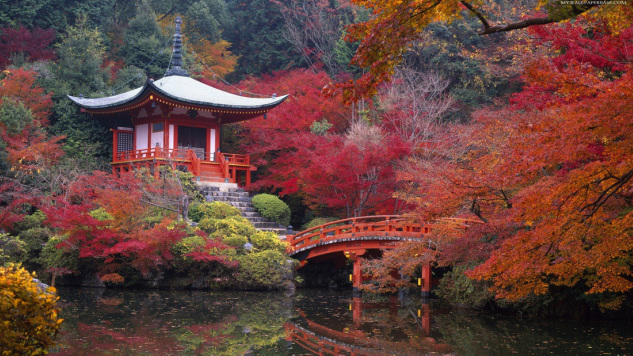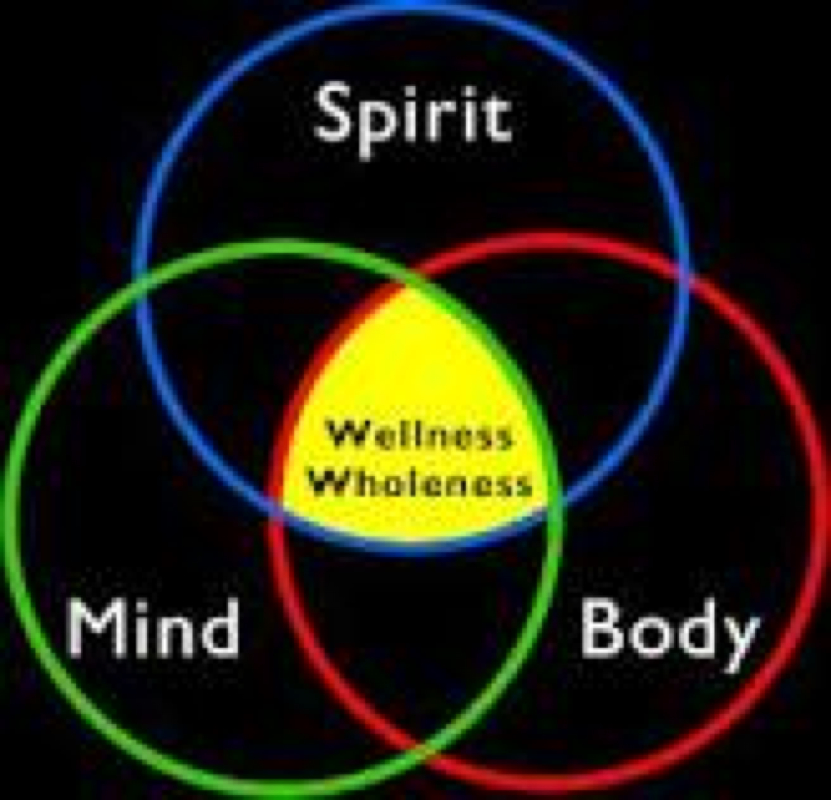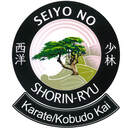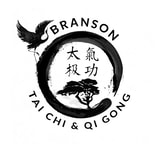|
It's been a while since I last wrote. I've been involved in some introspective work and have been re-reading the Bubishi. If you are not familiar with the Bubishi, it is the classic manual of combat and was once considered a secret document passed down from master to student for centuries. The Bubishi is a classic Chinese work on philosophy, strategy, medicine and technique as they relate to the martial arts. It is sometimes referred to as the "bible of karate." There are several translations, the one I recommend is by Patrick McCarthy. One section that especially struck me was on the topic of balance. It goes on to state that "Perfect balance is a reflection of what is within." Balance can mean your physical capability to stand on one leg, for example. It can also mean the internal balance of your emotions and serene focus. In the Bubishi, physical and internal balance are one and the same. Balance is a requirement to be proficient in combat. If you have mastered balance, you are able to easily take advantage of or create a weakness in an opponent's posture. In the dojo we call this Kuzushi. Kuzushi is the Japanese term for unbalancing an opponent. It is the moment of weakness in which you can quickly overtake an opponent. The description that the Bubishi gives for the qualities contained in a balanced individual is poetic and beautiful... Like the sun's strength, your energy must radiate outward, your eyes should be as clear as the moon, and your legs should be like the rolling wheels of a cart. Your posture too, from head to toe, must be evenly balanced so that footwork and hand techniques support each other. If everything is in balance, no one will be able to defeat you. What I found most fascinating is that in order to have physical balance, you must first have internal balance. To cultivate internal balance one must grow in wisdom. The Bubishi lists nineteen laws of Wisdom. Here they are:
1 Comment
My philosophy of the martial arts is based on three things: Mind, Body and Spirit. My goal as a Sensei (teacher) is to facilitate growth in all three areas for every student that comes into my dojo. For good health I believe it is important to strive to improve these three areas of ones life.
First, it helps to understand the meaning of each of these elements: The Body = represents your physical health; strength, flexibility and stamina The Mind = represents your mental health; alertness, expanding ones knowledge through learning new things and stretching the mind with new challenges, ideas and thought processes The Spirit = your spiritual health; development of strong character, positive attitude, slow to anger, a purposeful life, belief in a power greater than yourself. I believe that each of us, myself included, must constantly work to hone our minds, bodies and spirits. Karate and the martial arts are methods for improving all three. But, it is important to also seek opportunities for improvement outside of the dojo.
Just for today, do something healthy for your body. Just for today, read or talk to someone about something that expands your mind. Just for today, take time to meditate or pray to your higher power. Focus on finding the positive aspects of any situation. If you choose to do these three things each day, you may soon find peace and the rewards of a healthy and fulfilling life.  In today's martial art world, it seems the type of arts that get the most attention are the sports schools like MMA (Mixed Martial Arts), Tae Kwon Do and JuJitsu schools. I have found that although many of these schools have students (and instructors) that are technically and athletically quite good, it saddens me to see some of them have lost the essence of the martial way. I realize this isn't all martial arts schools, but I have seen a trend that has lead many martial artists away from the true meaning of karate do. The Martial Way, also called Budo, means "knowledge as a way to improve ones life and the life of others." Budo is a way of living and a way of dying. Let's look back to ancient Samurai warriors, they lived a dangerous life in which they were very aware that each day could be their last. Death was always in mind, day and night, with the understanding that with their great skill and importance as protectors of their community that they had a great responsibility. They lived each day as if it were their last day. Like the knights of the renaissance period, Samurai's followed a code of moral principals. This code of conduct or way of Samurai life was called Bushido or "the way of the warrior." Bushido tampered the violent existence of the Samurai warrior with wisdom and serenity. This code, is often unwritten and passed on verbally to be recorded on one's heart as a moral compass for living life. As a martial artist of today, I believe Bushido is still a vital part of our training. We are learning techniques that could severely injure, maim or even kill another human life. Without a strong moral compass to guide us, we risk being a danger to society. I believe that Bushido should still be taught in all martial arts schools. I feel so strongly on this that I believe students who do not exhibit the moral compass of Budo in their life should be restricted on what training they receive in the martial arts. The last thing an instructor wants to hear is that a student has become a trained bully or worse, a trained killer. If you aren't familiar with Bushido, here are the seven tenets that most martial arts circles believe were used by the Samurai: 1. Justice / Rectitude / Right Decision 2. Bravery / Courage 3. Benevolence/ Charity 4. Respect/ Courtesy 5. Honesty 6. Loyalty / Faithful / Devoted 7. Filial Piety (respect for your parents and ancestors) I believe it is our duty, as martial artists, to ensure the Budo code isn't forgotten. We should do this not just with words, but through living out the tenets and traveling the Martial Way. I consider myself a life-long practitioner of the martial arts. Like many other life-long martial artists, the study of karate is a way of life, a philosophy in living.
Initially, when a student starts taking karate classes it is usually for the reasons of self defense, physical health or the sport of it. But, if you choose to progress in the art you learn that karate is much more than that. It encompasses the mind, body and spirit of the practitioner. Humility, patience, self discipline, self control and poise are just some of the life benefits of karate-do. (The Way of Karate) All of these qualities are important to learn for a karate practitioner to advance in the art. An advanced martial artist is taught methods to seriously harm, maim or kill another human being. If a student does not posses a maturity or tempered spirit then learning these advanced techniques could be a danger to society and themselves. For this reason, warriors are held to a higher standard of living. As an instructor, I will only share advanced teachings to students who have proven their honor, humility and Integrity. My goal in life is to guide my students to be the best they can be. I am a facilitator that offers lessons in being an honorable warrior, a leader and a positive example to others. I take my role as instructor seriously. Everyday I strive to be a positive example and role model. I continue to learn and improve myself as well. Through the years down my own path in karate-do, I have come to believe eight philosophical principles. I feel that following these principles will lead to enlightened living.
|
AuthorVashon Borich-Leach, Sensei teaches traditional karate and tai chi in Branson, Missouri. She considers herself a life-time student of the arts. Her blog is an open journal of lessons learned in the martial arts. If you are a martial artist and would like to contribute to her blog please contact her. Archives
May 2023
Categories
All
©2012 Branson Karate & Kobudo™
|
©2010-2024 Vashon Enterprises LLC, DBA Branson Karate™

 RSS Feed
RSS Feed

